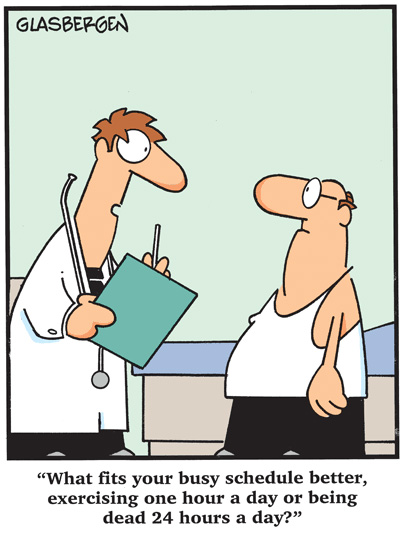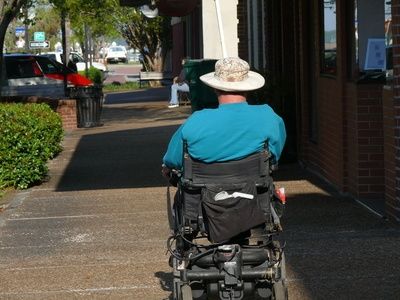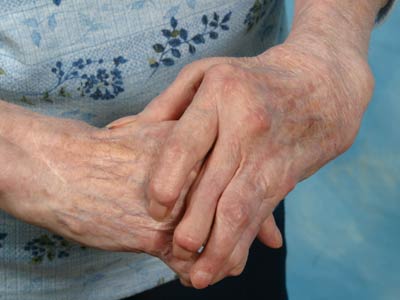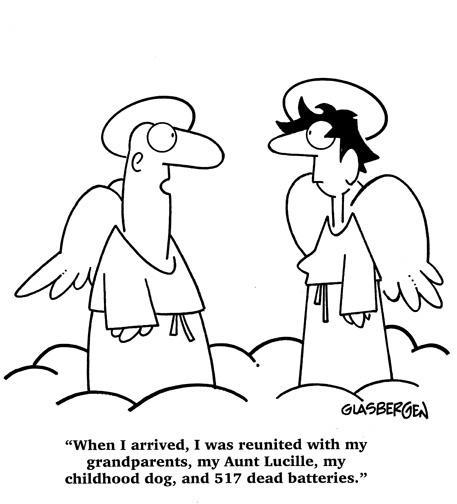We continue our sneak preview of the ten people who will be joining you in the on-the-page support group in The Amateur’s Guide To Death and Dying; Enhancing the End of Life. You’ll have plenty of opportunity to get to know them better once you start the book, but until then, these thumbnail sketches will serve as a handy reference.
 Holly, 43, is a breast cancer survivor. She has been cancer-free for three years. She’s a graphic artist, shares a home with her partner of ten years, Jean, and their teenage daughter Annie.
Holly, 43, is a breast cancer survivor. She has been cancer-free for three years. She’s a graphic artist, shares a home with her partner of ten years, Jean, and their teenage daughter Annie.
Holly is a splendid figure, nearly six feet tall, weighing over 200 pounds. She is as soft-spoken as she is imposing. A beautiful smile radiates from her full face. Oodles of thick jet-black braids spring from her head as from a fountain gone mad. She is forever brushing one or another of them from her face as she speaks. Her frequent laughter is like music, making her whole body dance and shake, but her levity masks a somberness and apprehension that is very troubling to her.
”I often become consumed with worries about getting sick again. My fears can turn into a paralyzing dread that takes days and sometimes weeks to shake. I know that until I can accept the possibility of my own death, I’ll never be able to embrace all the great things that are right in front of me.”
For therapy, she spends hours tending ten different varieties of roses in her immaculate garden. “I lose myself there. The rich earth soothes my troubled soul.”
Her church is a second home for Holly. It always has been. “I was raised in rural Georgia. As a child, my momma took me to this little makeshift church in the woods near the river. It had no heat in the winter, and come summer, why honey, you’d about roast. The Oakland church I attend now has both heat and air conditioning, but child, the singing and preaching still can raise a cold sweat on me.”






